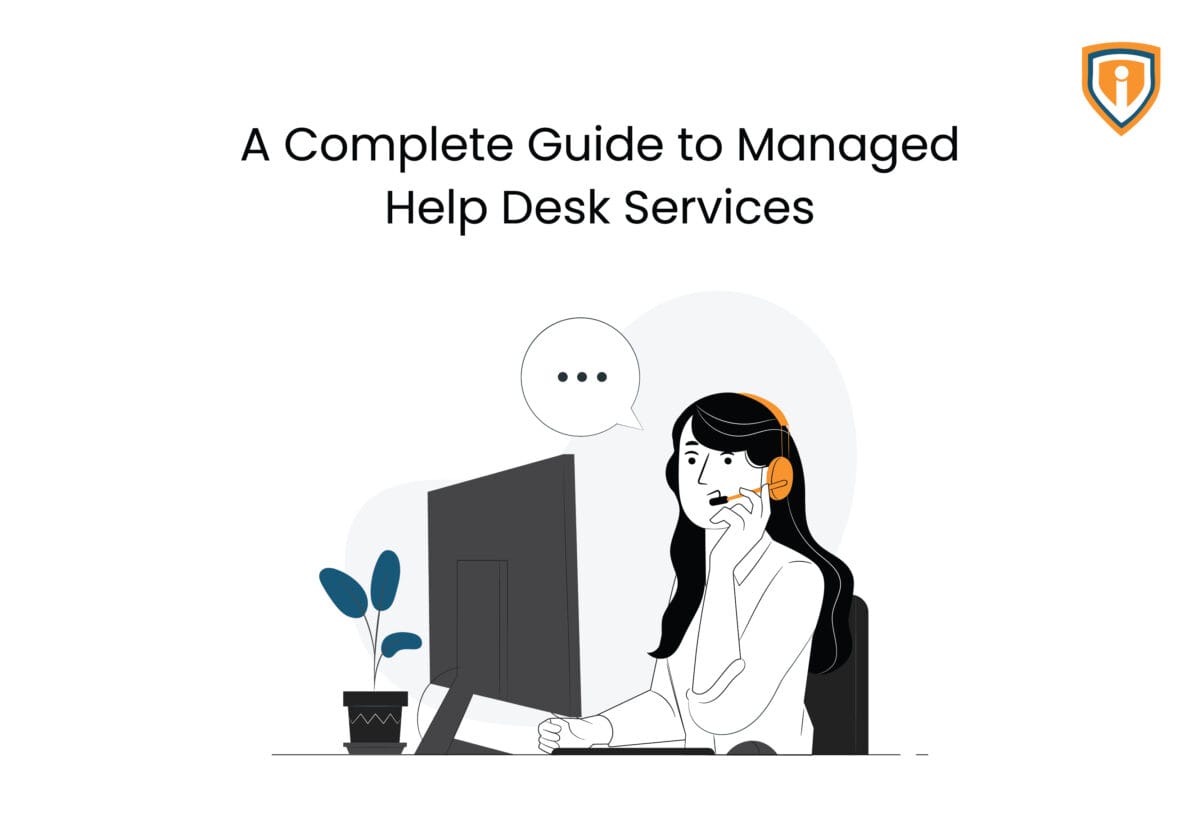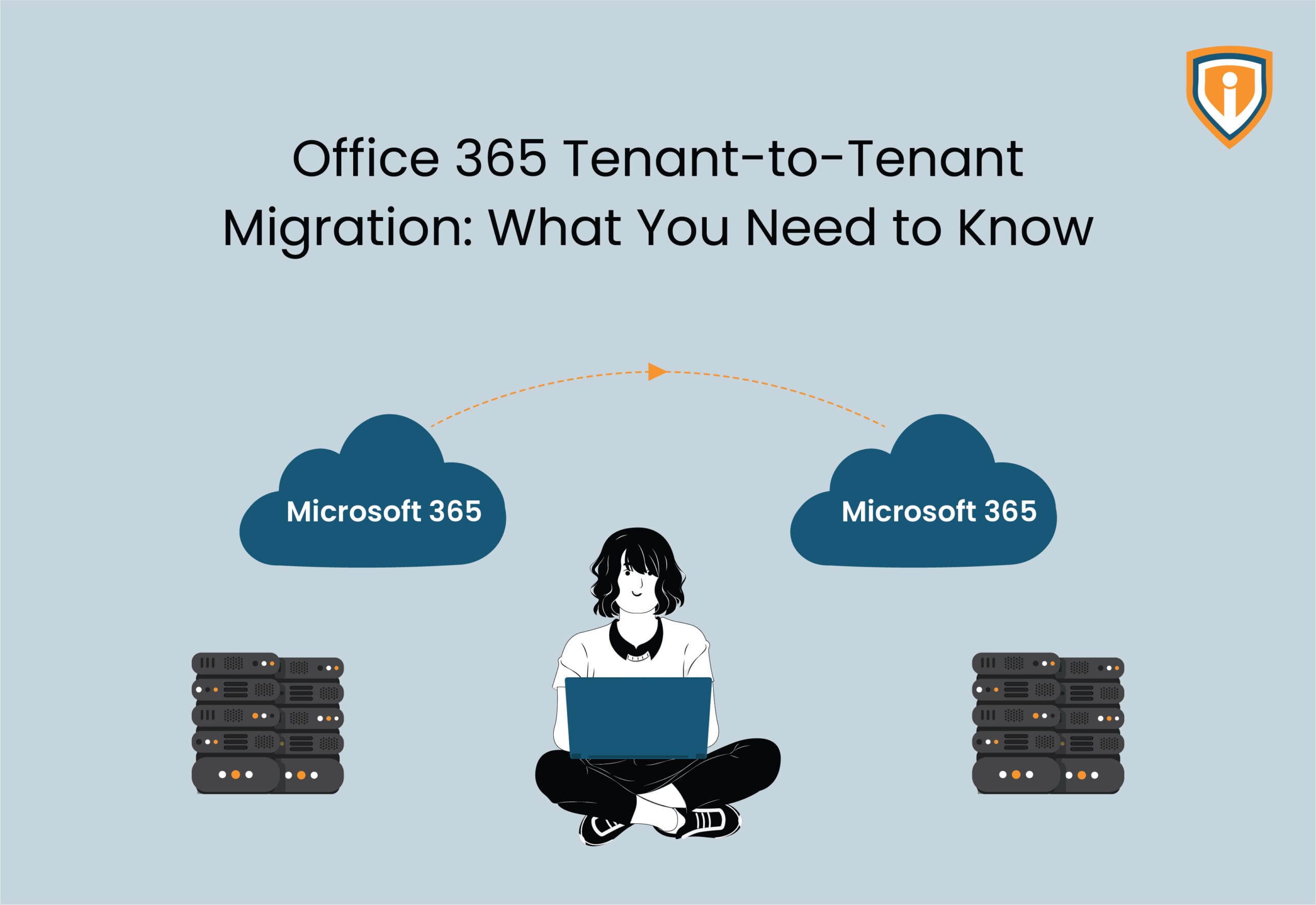Introduction to Managed Help Desk Services
In an MSP (Managed Service Provider), everybody fights with time to resolve customer concerns and queries. Paying constant attention to their problems can hinder business growth to an extent. This is particularly true when serving clients in the IT industry.
For an MSP offering outsourced help desk for MSPs, striking a balance between unparalleled client support and business expansion is essential. Thus, there is a need to make strategic decisions, such as outsourcing help desk operations. This will bridge the gap between operational efficiency and your business expansion. Moreover, all your clients will receive timely and efficient support. As a white-label service provider, we have articulated everything you need to know about managed help desk services in this blog.
What are Managed Help Desk services?
Managed help desk services are a type of customer support service. Qualified and trained experts cater to different kinds of support concerns. They can assist customers with basic queries such as equipment malfunction, troubleshooting applications, etc. Additionally, they will help with technical issues and resolve bugs.
The Difference Between Helpdesk and Service Desk
Helpdesk
A helpdesk is designed to handle day-to-day IT disruptions. It focuses on quick fixes. When a laptop freezes or a VPN disconnects, this is the first stop. Every ticket is logged. Patterns are tracked. Common failures like repeated printer jams or password lockouts are flagged. The intent is not only resolution but also to spot recurring faults that need long-term attention.
Service Desk
A service desk goes deeper. It is broader in scope and sits closer to the ITIL model. Beyond incident handling, it manages service requests, coordinates changes, and ensures IT delivery matches business needs.
Here, ticket data is not just stored — it is analyzed. Root causes are spotted, SLAs are monitored, and upgrades/transitions are tracked in an ultra-structured way. Service desks often integrate with ITSM platforms like ServiceNow or Jira to bring consistency and accountability.
Role of a Help Desk in Managed IT Services
The help desk acts as a bridge between end users and IT support. They are expert technicians offering support, advice, and technical assistance to customers or end users. The main role of the help desk in the IT environment includes:
First-Level Support
Help-desk representatives are often the first people end users or customers contact. The primary reason is to seek assistance for their issues or queries. As experts, MSPs are expected to provide efficient, accurate, and quick resolution to all the solutions.
Escalation
Sometimes, a help desk representative fails to address concerns. This can be due to many factors. As a result, the issue is passed on to a higher level of support. Hierarchical escalation processes should be in place to ensure all issues are quickly and effectively resolved.
Ticket Tracking
The help desk leverages a ticketing system to track support requests, ensuring documentation and resolution of every issue. This allows the authorities to maintain performance records and metrics.
Knowledge Management
Managing the knowledge base is one crucial responsibility of help desk technicians. It consists of documents and articles that aid with diagnosis and accurate resolution of issues.
IT Help Desk Services for Your Business
An IT help desk provides structure to daily support. It offers one place for employees to raise issues, seek access, or get guidance. Internal IT teams benefit because repetitive, low-value queries don’t eat into project hours. Tickets are tracked, escalations are clear, and users know where to turn instead of sending ad hoc emails.
Core Functions
Troubleshooting
When systems crash or hardware stops responding, the help desk takes over. Wireless failures are logged and checked right away. The team isolates the fault, applies a fix, and gets the system back up and running with minimal disruption.
Request Fulfillment
From application provisioning to folder access, requests are processed through defined workflows. Each one is logged, tracked, and resolved against service levels.
User Support
Everyday questions—software settings, video calls, basic application use—are answered directly. This reduces lost time and keeps teams productive.
Access Control
Account setup, password resets, and permission adjustments are managed securely. Access rights remain aligned with compliance requirements.
Remote Connectivity
VPN failures or configuration issues are resolved quickly. Employees working across locations can connect securely without extended downtime.
Knowledge Sharing
A knowledge base is maintained so common issues can be solved faster. Over time, this reduces ticket volumes and increases self-service.
Is it Time to Outsource Your Help Desk?
One of the primary reasons you must consider an help desk for MSP is the increase in the number of customer support tickets. There is a chance that the number is higher than what your internal team of technicians can manage. It significantly increases the probability of management going haywire and critical tasks being missed. Apart from this, some major signs indicating the need to outsource help desk operations are:
- Support tickets backlog
- Increasing expenses for agents and IT support
- Lack of expertise and knowledge
- Budgetary concerns for growth in different departments
- Reducing customer satisfaction, especially when it comes to the functionality of services or products
- Knowledge gap and training hassle
- Seasonal increase in customer support requests, making scalability a challenge
Please note your MSP might not experience every sign. At times, it can be the simplest thing, indicating the need to outsource help desk operations. Regardless, it is a wise and strategic decision you can make for your business growth/expansion.
Benefits of Managed Help Desk Services for Your Business
As an MSP, it is essential to strike a balance between client support and business scalability. Outsourced IT support services will allow you to ace both. Some of the major benefits are
Cost-Savings
Recruiting and training an internal team requires time, effort, and money. Even after that, smooth operations remain unguaranteed. On the contrary, hiring a professional team of help desk technicians cost less and ensures all the concerns are taken care of. The resources can be scaled up and down depending on the requirements. Moreover, they do not require support or monitoring from your end. Thus, saving a lot of time, money, and effort.
Quick Response Times
Outsourcing the help desk ensures that all customer concerns are resolved in a timely manner. Internal operations do not affect the representative’s productivity, response time, and efficiency. The use of specialized tools, techniques, and processes will ensure reduced downtime and maximized customer satisfaction.
Access to Expertise
One of the major reasons and benefits of outsourcing the help desk is access to expertise. You can benefit from all the experience, expertise, knowledge, and skills expert technicians offer. They are adept at handling all sorts of issues, including network connectivity, hardware malfunctions, or software installation. As a result, the clients will continue receiving high-quality support.
Focus on Business
Outsourcing help desk operations relieves your employees. The increase in time availability will allow them to focus on more valuable/priority tasks. Often, the primary focus is business growth, expansion, or development.
Artificial Intelligence and Help Desk
AI (Artificial Intelligence) has transformed the way many systems and processes work. Its contribution in help desk management is no different. The integration of artificial intelligence in help desk operations significantly improves speed, productivity, and service quality. Some ways AI contributes are:
- When providing round-the-clock support, chatbots give you some time before you engage your help desk representative.
- Error-free ticket categorization and routing so that nothing goes by unattended.
- Assist technicians/support representatives with automating repetitive tasks/concerns and their solutions, offering a better customer experience.
- Helps with language translation, eliminating the language barriers (if any) between customers and agents.
How IT Help Desk Services Improve Efficiency and Scalability
A managed help desk removes friction from IT operations. Instead of firefighting the same issues, organizations gain visibility into what breaks most often. That data informs preventive action. With structured ticketing, response times improve. With SLA-backed processes, accountability is built in.
Support capacity scales with business growth, whether the workforce doubles or operations expand to new sites. At the same time, strong access control and standardized workflows strengthen compliance. The outcome is leaner IT operations and fewer disruptions to core business activity.
Bottom Line
Outsourcing help desk for MSP is a crucial and strategic decision MSPs must take after careful consideration.
Contact us to explore support possibilities!



